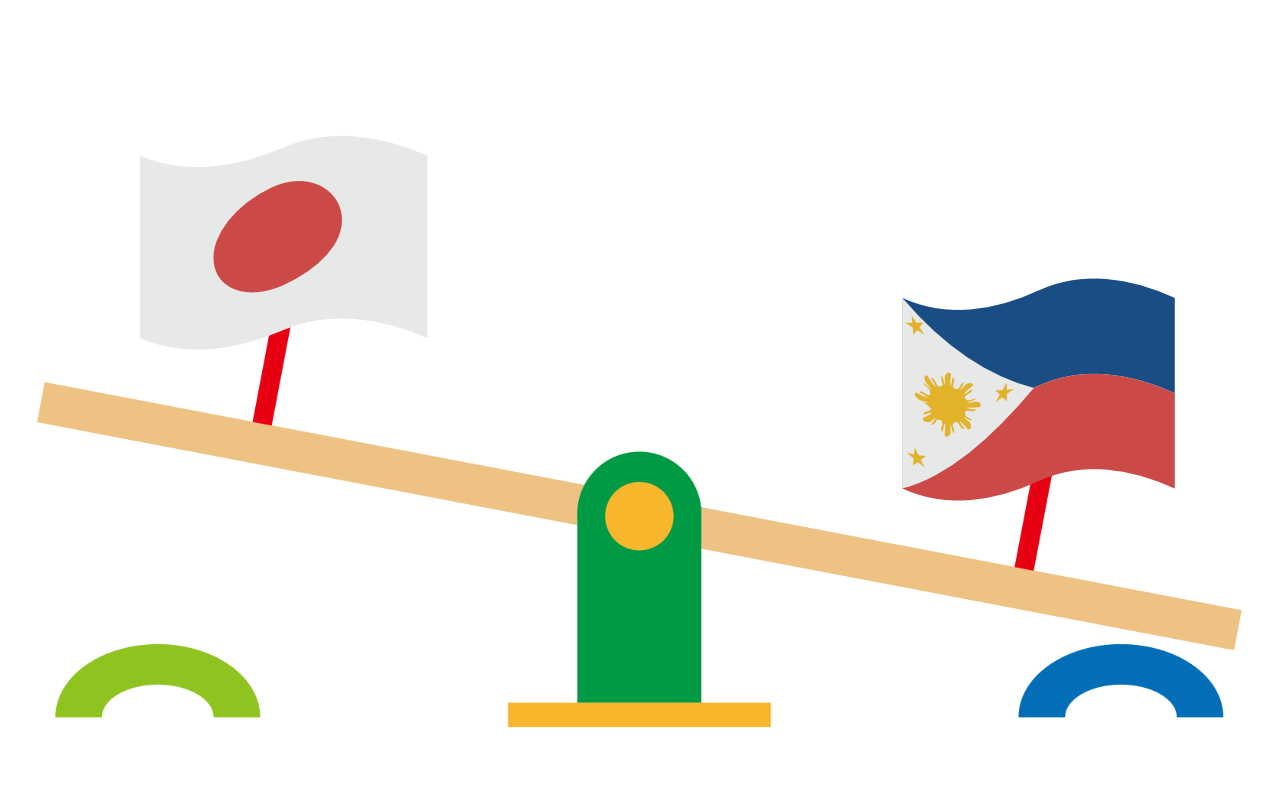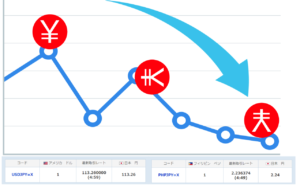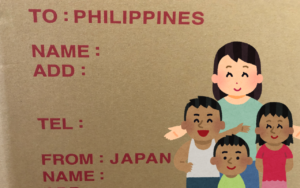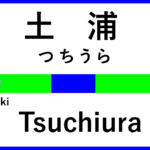
It has been three years since my wife came to Japan.
She started working part-time, made Vietnamese and Filipino friends, and seems to be getting used to her job.
During the first two years in Japan, my wife stayed at home most of the time due to the new coronavirus, so it was great to go to work and expand my world.
This change in environment may be part of it, but lately she seems to have started to want to live in Japan all the time.
"Do you want to live in Cebu? " The other day when we were having dinner, she asked me if I wanted to live in Cebu.
I would like to live in Cebu in winter and summer, and in Japan in spring and autumn.
I believe that it is not too late to decide whether or not to make Cebu the base of my life completely after I actually live in Cebu.
If my wife wants to continue to live in Japan, I don't think it's a bad choice.
What I am worried about is my children.
At the moment, my children are being taken care of at my wife's sister's house. There are many Filipinos who leave their children with their families and work overseas.
However, I think it is natural for children and parents to want to live together.
Because of this, my wife began to suggest that we bring our children to Japan.
Not only does she want to live with us, but she also thinks that Japan is better than the Philippines for the future of her children.
I plan to send my children to college at least, but in the Philippines, a college degree does not necessarily mean a good job
It is the same as in Japan, where job opportunities change depending on which university you graduate from, and I think the Philippine economy will have changed a lot by the time our children graduate from university. Even so, I don't think the social structure will change much.
It is possible to bring the children to Japan as soon as the procedures are completed, but there are many problems if they are to live in Japan for the rest of their lives.
The first thing I want to know is whether my children will be able to adjust to Japan. My younger son is still in the lower grades of elementary school, so I think he will be able to get along as long as he learns Japanese well.
I am quite worried about my older son. He is already in the upper grades of elementary school and will soon be a junior high school student. 15 years old, there is a huge gap in the academic achievement of children from middle and upper class families in Japan and the Philippines.
The table below shows the average scores from the OECD's 2018 learning achievement survey.
The academic performance of Japanese students is one of the highest in the world, but unfortunately, Filipino students are at the bottom of the list in reading comprehension. They are second from the bottom in math and science literacy.
| Reading comprehension | Mathematical Literacy | Scientific literacy | |
| JAPAN | 504 | 527 | 529 |
| PHILIPPINES | 340 | 353 | 357 |
The Secretary of the Philippine Department of Education admits that this result is largely due to the educational program and the educational environment, as there should be no significant difference in the abilities of students in Japan and the Philippines.
Due to the new corona, education in schools in the Philippines is still halted. So, we should expect this gap to widen further.
It is very difficult for the older child to bridge the academic gap with the Japanese children once he come to Japan and start school. The classes are conducted in Japanese, so the disadvantage is tremendous.
In addition, there are high school entrance exams coming up soon. I believe that there is a huge barrier that cannot be overcome by the efforts of the individual.
As a parent, I would definitely not want my child to experience a major setback during his sensitive adolescence.
In that light, I think it would be better for him to continue his education in the Philippines, at least until college.
If my son goes to university, he will be educated in a specialized field, and more importantly, he will have the ability to speak English, which Japanese people lack, so he will have a better chance of being active in the world than Japanese people.








